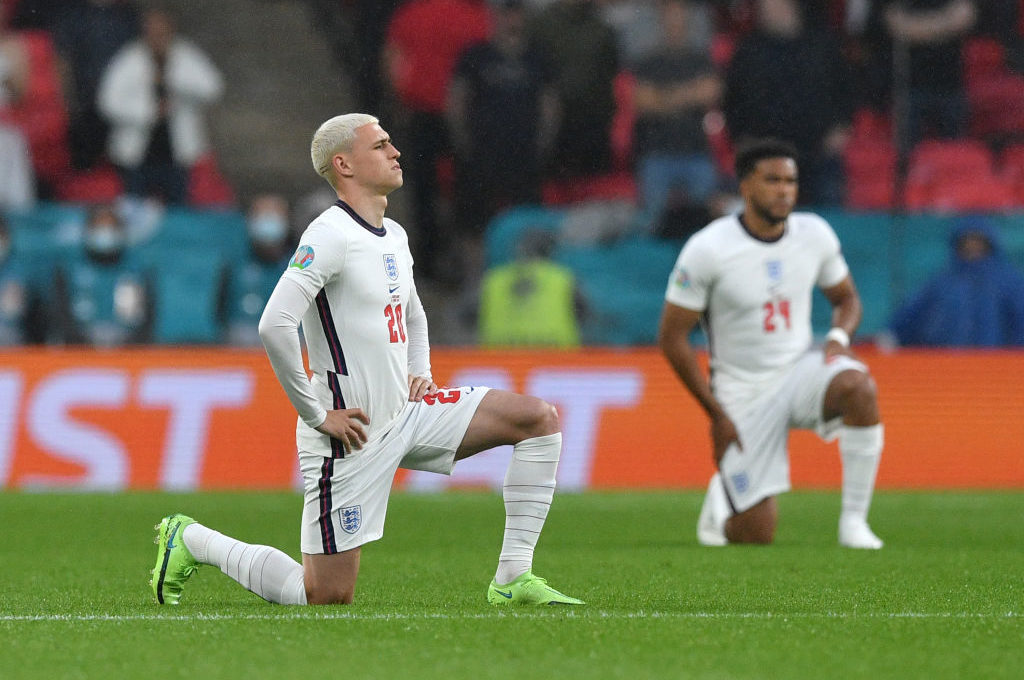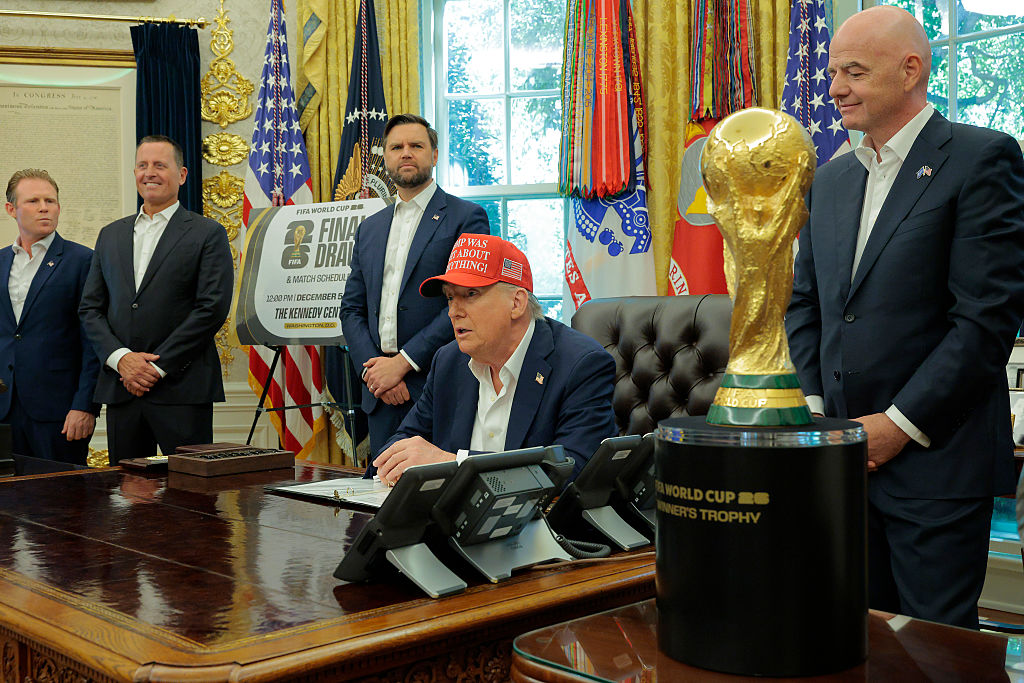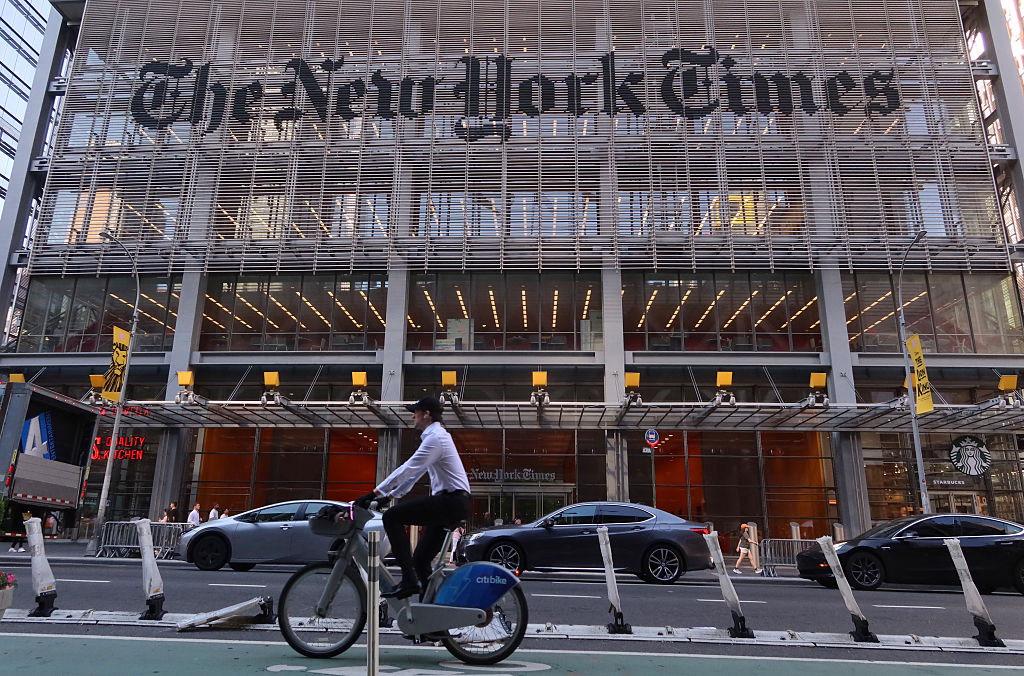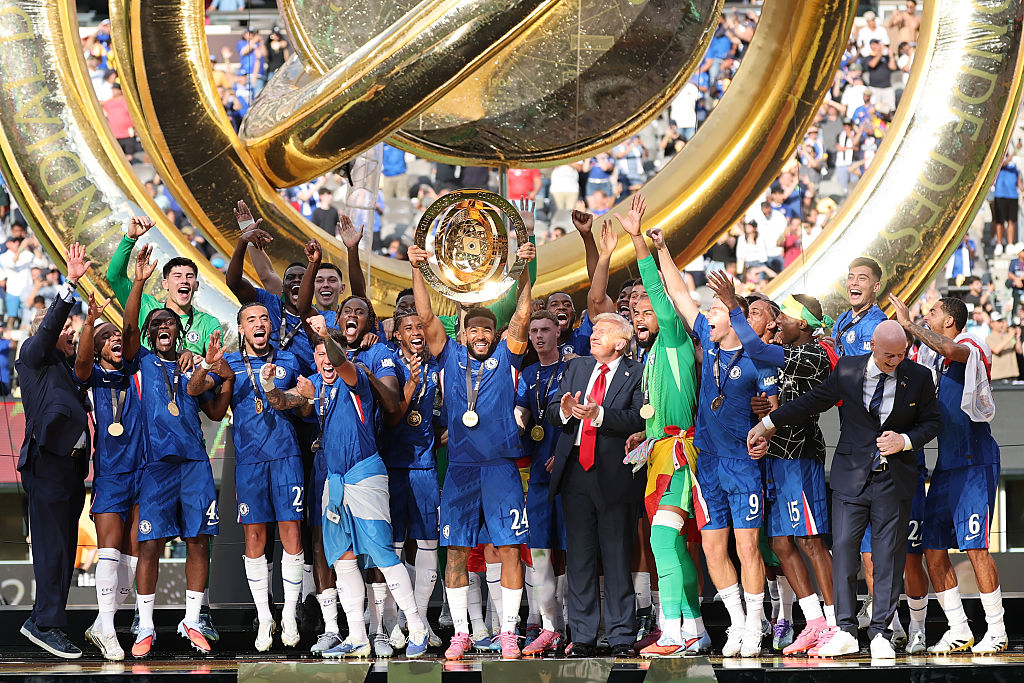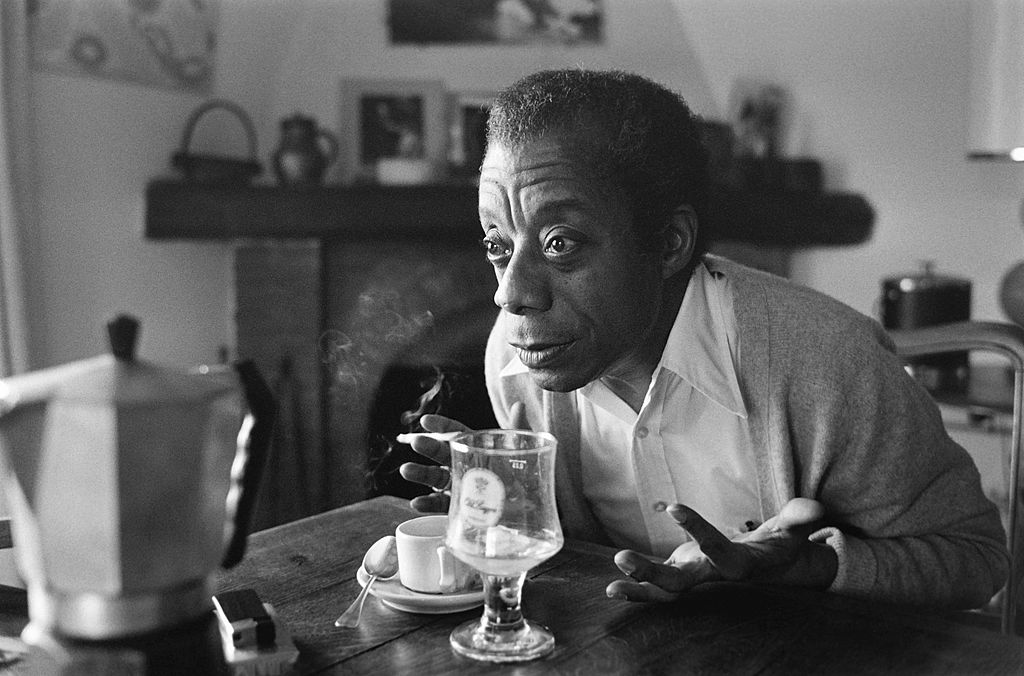As a black soccer fan who grew up going to matches in the Seventies and Eighties, I know more than most about the beautiful game’s troubles with racism.
I can still remember my own club West Ham United being the first English Football League side to select three black players in their starting team on Easter Saturday 1972; and I can still recall, for two seasons in a row, a particular section of fans in the old west side stand ‘Sieg Heil’ saluting during every home game.
Nowadays, racism in soccer is less obvious but it still exists — and it needs to be called out. But I’m convinced that ‘taking the knee’ isn’t the way to do it.
Why? Because the more footballers insist on genuflecting before kick-off, even if fans boo them in response, the more trouble is likely to erupt as a result. And the more that this divisive gesture is rammed down fans’ throats, the more problems it’s going to cause.
Right now, I can seriously see arguments — and possibly fights — occurring both inside and outside the stadium over taking the knee. This situation is surely in no one’s interests.
To make matters worse, this gesture also allows those within the sport who could — and should be doing more to tackle racism, to hide behind the players, while changing little.
Even those who support players taking the knee must surely now be able to see that this gesture has run its course. Is taking the knee really still the best way to demonstrate that black lives matter? I’m not convinced.
After a year of being effectively banned from stadiums, fans are keen to get back to focusing on the football. And if their only means of voicing their displeasure at what they see as an unacceptable political gesture is to boo, then they will take it.
This group of fans who do boo players taking the knee appear to be middle-aged, working-class blokes. They want to enjoy watching the match for 90 minutes without being bashed over the head with political gestures.
Of course, many younger fans don’t agree with this view. They are more likely to support players taking the knee. Clubs then need to find a way to ensure these different groups of fans can come together and still speak out against racism in sport.
Whether some fans like it or not, players are genuine in wanting a way to fight racism. But to avoid alienating fans, they should adopt a gesture that isn’t linked to Black Lives Matter, which is seen by many as a political movement whose critics grow with every flaw revealed about that organization
I’m a strong supporter of anti-racism both in the game and out, but by adopting this gesture, players risk alienating as many people as they persuade. Now that players have been taking the knee for some months now, it’s also worth asking: what has really changed?
This article was originally published on The Spectator’s UK website.



